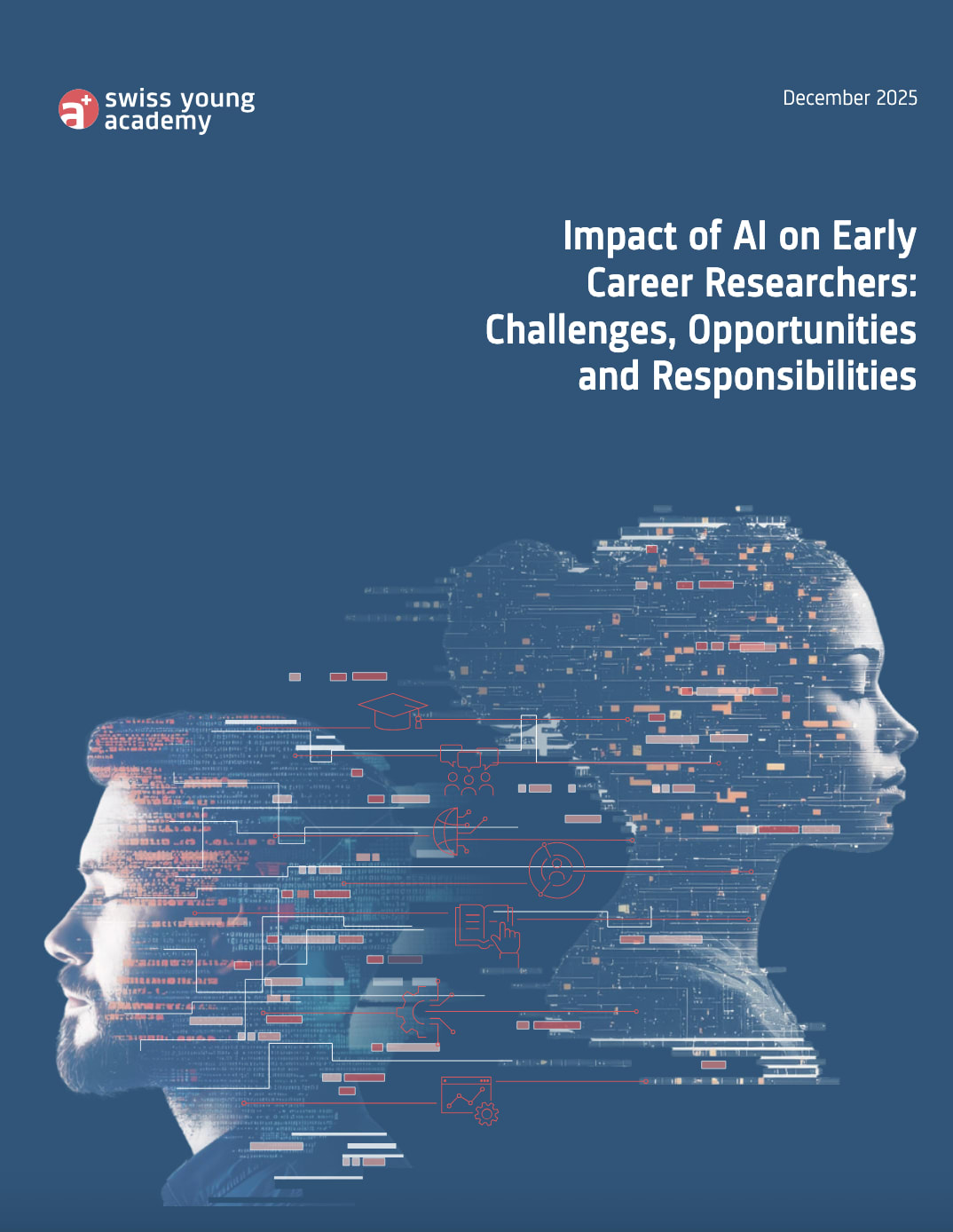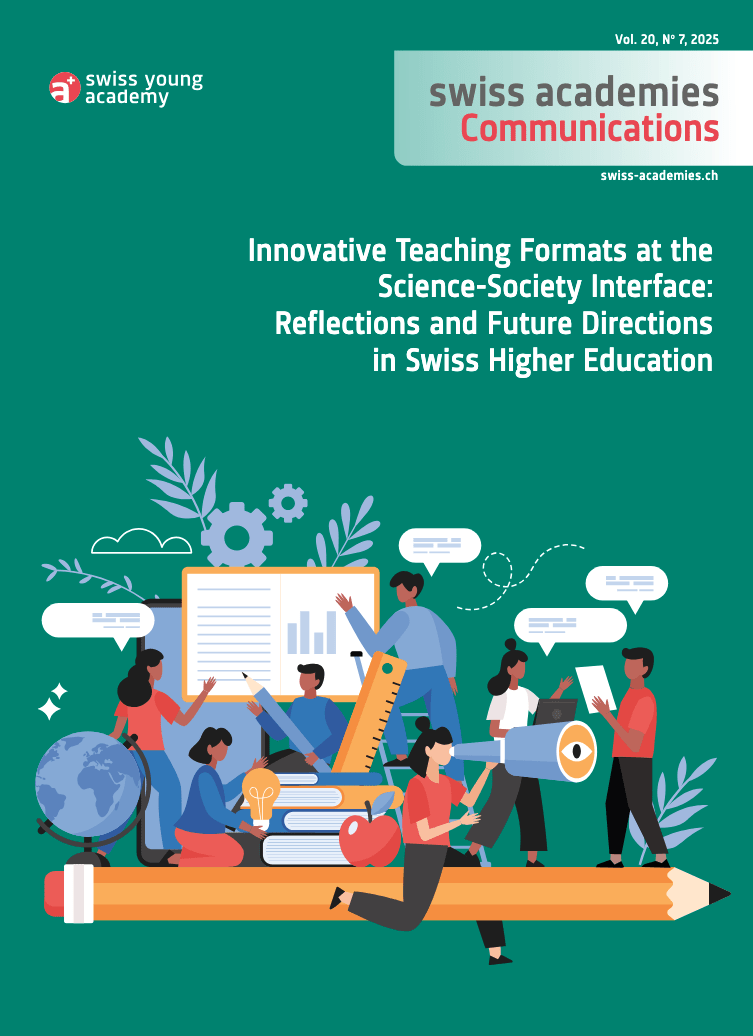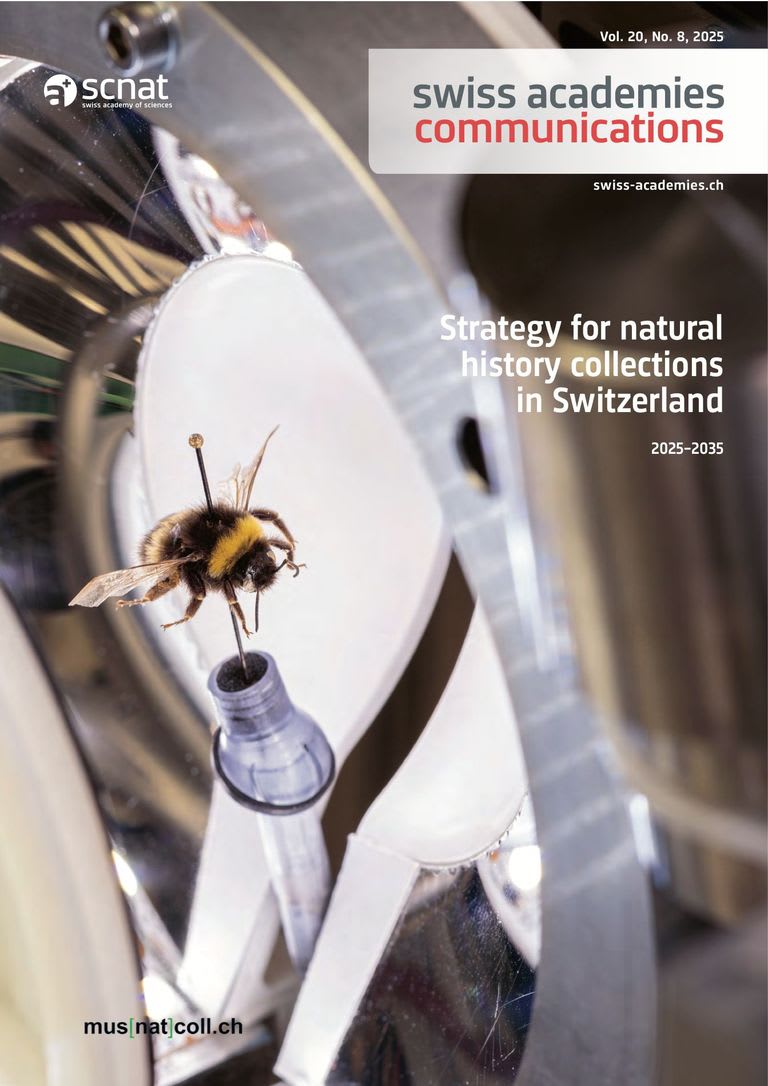Swiss Academy of Sciences SCNAT
Kleiner Staat, grosse Unternehmen: die Schweiz in der Ordnung der Globalisierung
SWISS ACADEMIES COMMUNICATIONS, VOL. 15. NO 7, 2020
Transnationale Gouvernanz sucht internationale Unternehmenstätigkeiten einzubetten, das heisst zu regeln und zu legitimieren. Besonders wichtige und beispielhafte Instrumente sind hierfür die Sustainable Development Goals der UNO Agenda 2030, die UNO-Leitprinzipien für Wirtschaft und Menschenrechte sowie die OECD-Leitsätze für multinationale Unternehmen.
Welches sind die langfristigen Entwicklungen im Wechselspiel von wirtschaftlicher Globalisierung und transnationaler Gouvernanz? An welchem Punkt stehen wir heute? Welches sind die aktuellen und potenziellen Rollen von Politik und Wirtschaft in der Schweiz als Betroffene und Gestalter transnationaler Gouvernanz? Dies sind die Fragen, die das Grundlagenpapier aus einer historischen und rechtlichen Perspektive, anhand der drei genannten Regelwerke zu beantworten versucht.
Gertschen A, Bürgi Bonanomi E (2020) Kleiner Staat, grosse Unternehmen. Regeln für die wirtschaftliche Globalisierung und die Rolle der Schweiz. Swiss Academies Communications 15 (7).




